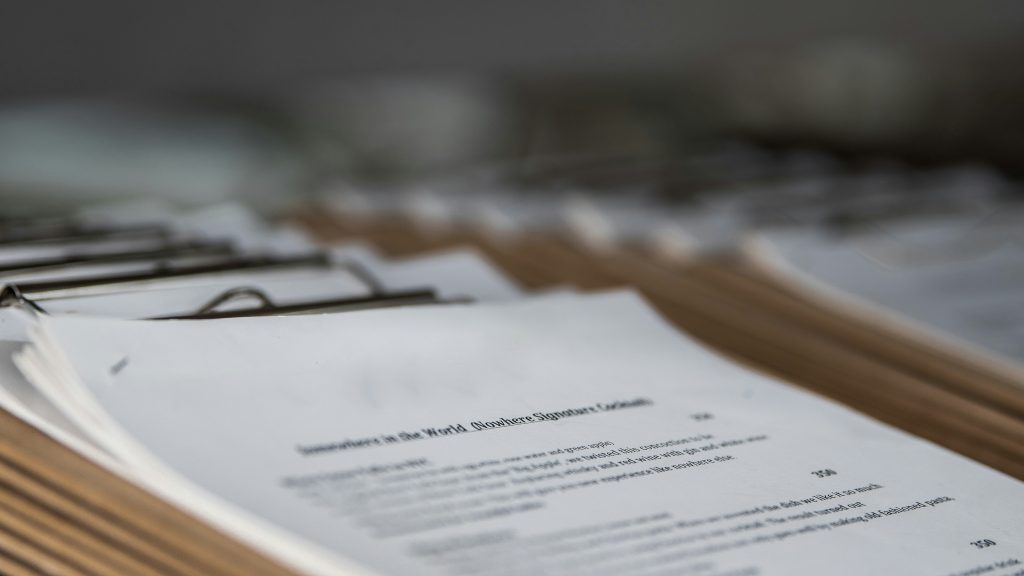In the realm of appellate litigation, a solid understanding of the Florida Rules of Appellate Procedure is essential for attorneys aiming to navigate the complexities of the appellate process effectively. In this case study, we’ll examine a hypothetical scenario involving a civil appeal in Florida and explore how attorneys can apply the Florida Appellate Procedure Rules in practice to advocate for their clients.
Scenario: John, a Florida-based attorney, represents a plaintiff in a civil lawsuit involving contract disputes. The trial court recently entered a final judgment dismissing the plaintiff’s claims. Dissatisfied with the outcome, John’s client wishes to appeal the trial court’s decision.
Application of Florida Appellate Procedure Rules:
- Initiating the Appeal (Rule 9.110):
- John promptly files a notice of appeal with the clerk of the lower court within 30 days of the entry of the final judgment, as required by Rule 9.110 of the Florida Rules of Appellate Procedure.
- Record on Appeal (Rule 9.200):
- John diligently compiles the record on appeal, including the trial court’s orders, transcripts of hearings, relevant pleadings, exhibits, and other pertinent documents, in accordance with Rule 9.200.
- Appellate Briefing (Rule 9.210):
- John prepares the appellant’s initial brief, identifying the issues on appeal, presenting cogent legal arguments supported by precedent and statutes, and adhering to the formatting and citation requirements outlined in Rule 9.210.
- Standard of Review (Rule 9.110):
- John carefully considers the applicable standard of review for each issue raised on appeal, recognizing that the standard may vary depending on the nature of the trial court’s rulings and the legal questions presented.
- Oral Arguments (Rule 9.320):
- John requests oral arguments before the appellate court, providing an opportunity to highlight key points, respond to questions from the judges, and further advocate for his client’s position in accordance with Rule 9.320.
- Jurisdictional Requirements (Rule 9.020):
- John ensures compliance with jurisdictional requirements, confirming that the appellate court has jurisdiction over the case and that all necessary jurisdictional statutes and rules are satisfied under Rule 9.020.
Conclusion: By meticulously adhering to the Florida Rules of Appellate Procedure throughout the appellate process, John effectively advocates for his client’s interests and maximizes the chances of success on appeal. By initiating the appeal in a timely manner, compiling a comprehensive record on appeal, preparing persuasive appellate briefs, carefully considering the standard of review, requesting oral arguments when appropriate, and ensuring compliance with jurisdictional requirements, John demonstrates proficiency in applying the Florida Appellate Procedure Rules in practice. Through diligent adherence to these rules, attorneys can navigate the complexities of appellate litigation with confidence and skill, ultimately achieving favorable outcomes for their clients.



